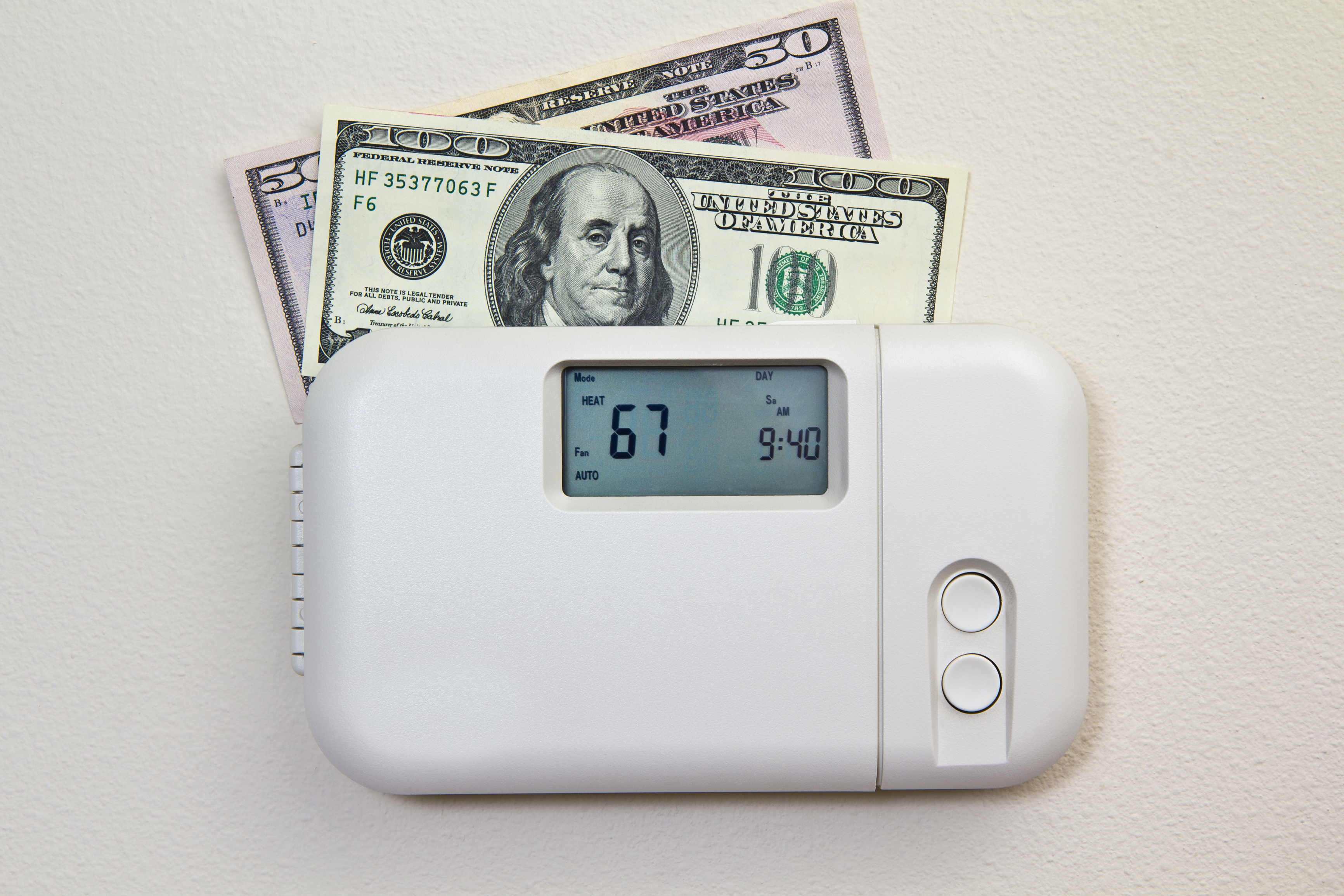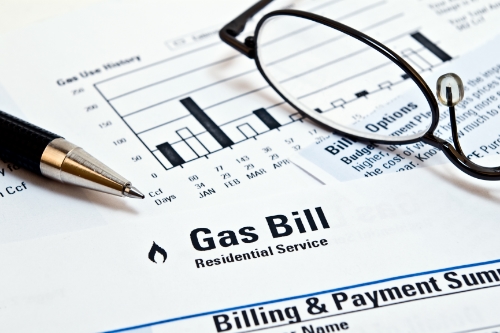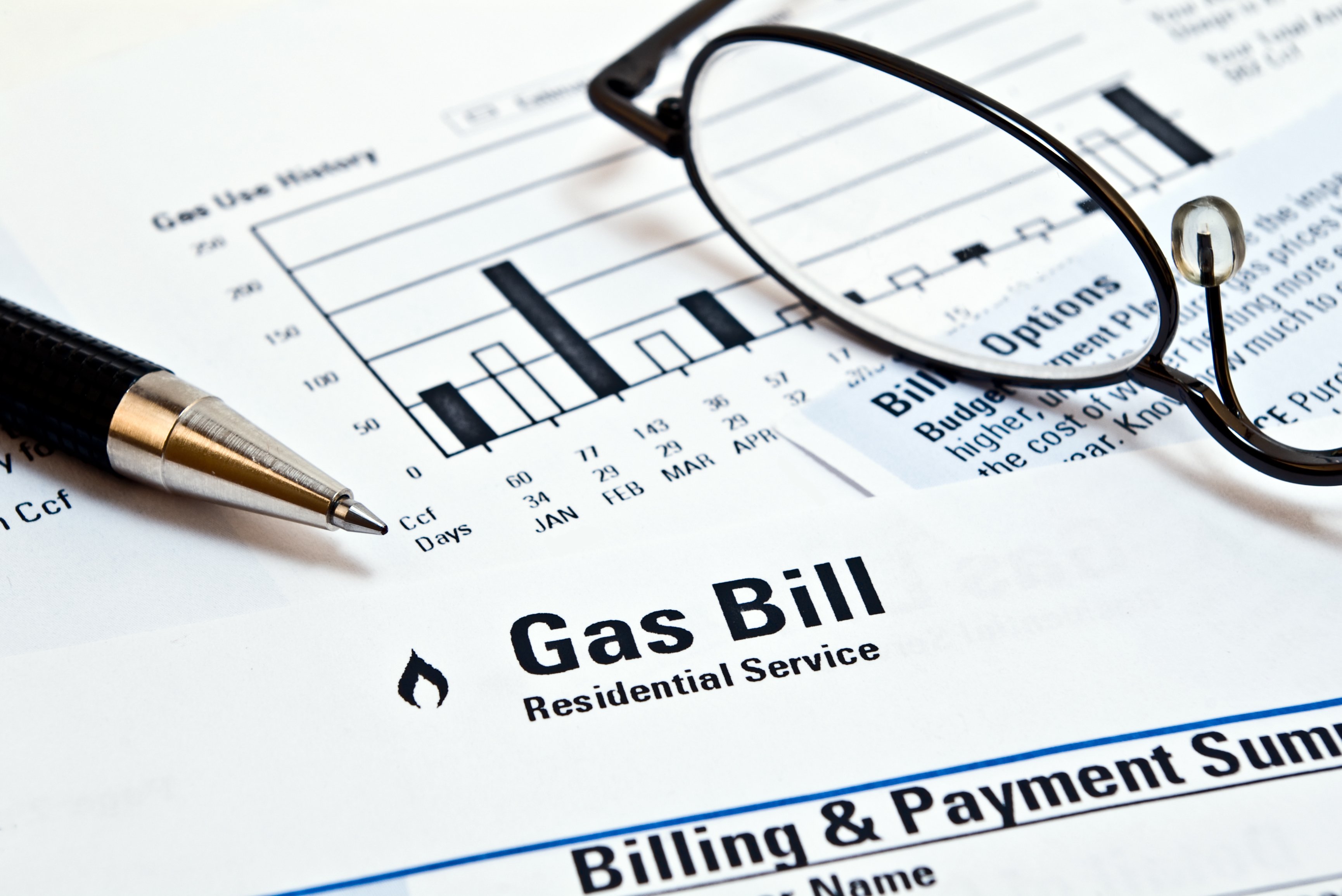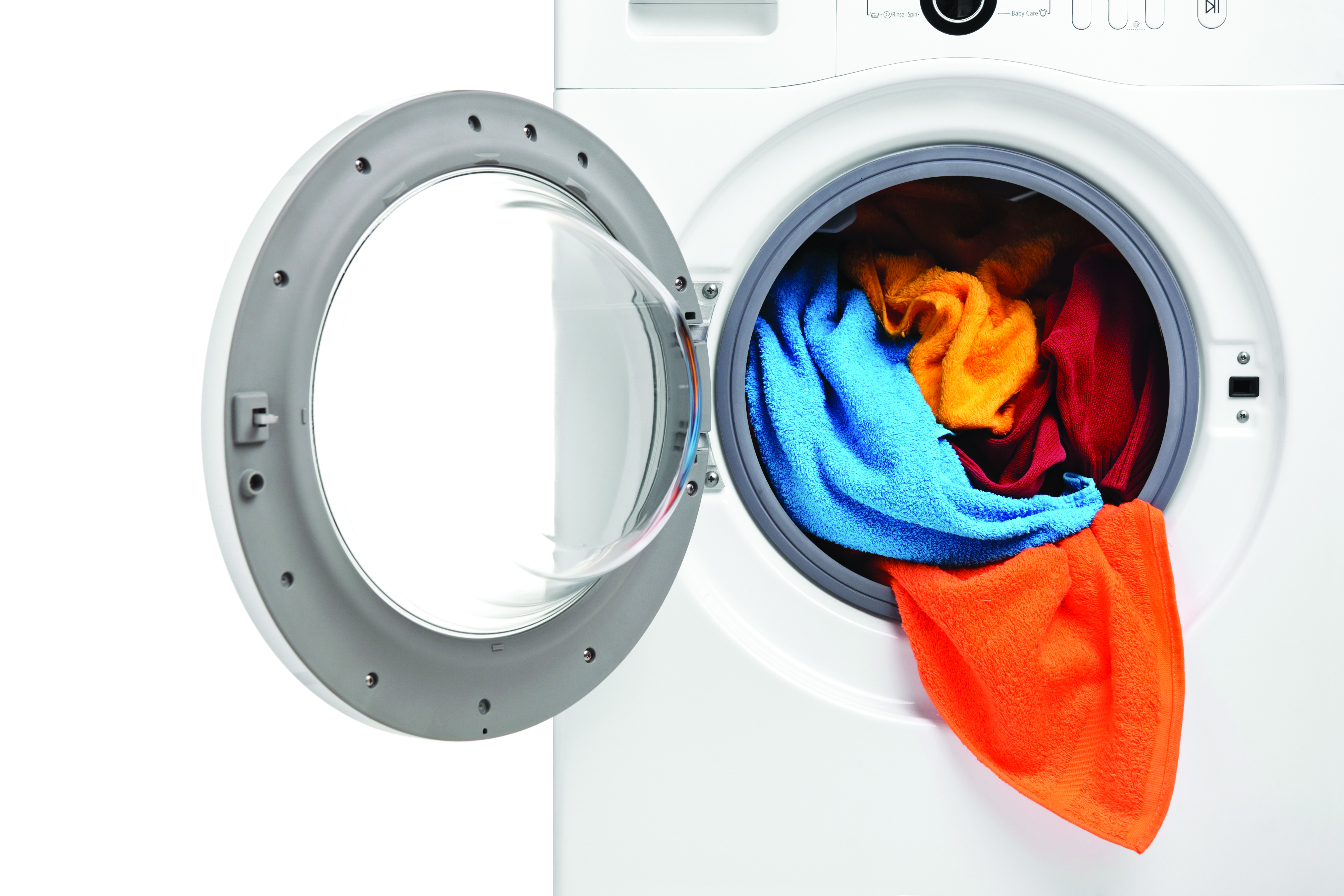At Florida Public Utilities Company we want to be generous with energy information and expertise. In fact, we want to be the first place you think to check for reliable, truthful energy information.
Here are 4 online energy tools you can use to help reduce your monthly utility bill :
Read More
Topics:
Energy Conservation,
Residential,
Natural Gas,
Energy Efficiency
As you were soaking up the sun over summer, or out frolicking in the early fall, your furnace filter was most likely hard at work catching dust, dander, bacteria and other deposits. And if you’re like the estimated four-out-of-five homeowners who neglect to perform the proper pre-season appliance maintenance, when that first chilly day hits and the temperature drops low enough to constitute turning on your furnace, you may have more than a clogged filter to deal with. In fact, you may discover that your heater has stopped working altogether.
Read More
Topics:
Energy Conservation,
Residential,
Natural Gas,
Energy Efficiency,
propane
One of the big energy problems throughout the state is rental property. In most rent or lease situations the tenant is responsible for the utility bills. The person owning the property has no vested interest in paying for energy upgrades because he doesn’t have to pay the utility bills.
It is a difficult situation and one of the larger reasons for major energy waste. Short of legislative action that would require some mandatory energy upgrades here are some suggestions to help lower utility costs for the renter. Take charge of what you can control and apply some pressure on the landlord to do some upgrades.
Read More
Topics:
Energy Conservation,
Residential,
Natural Gas,
Energy Efficiency
Building a new home is exciting! However, there are so many choices and decisions to be made. I would like to offer ways for energy improvements that I would take advantage of if I were building a new home for my family.
Read More
Topics:
Energy Conservation,
Residential,
Energy Efficiency
3 Tips Every Floridian Should Know About Gas Heat
The last thing people think about when moving to Florida is how they will heat their home. Heating Degree Days is a measurement for how much heating is required in an area. Heating Degree Days are the average daily temperature subtracted from 65°.
For example, we have a 70° high temperature and a 44° low on January 2. The average temperature is 57°. Doing the math we subtract 65°-57°= 8 heating degree days for that date. Key West, FL has only 100 heating degree days annually, Orlando comes in at 766 and Tallahassee at 1485. Heat is still needed in central and northern Florida. So, here are three things you should know about gas space heating.
Read More
Topics:
Energy Conservation,
Residential,
Natural Gas,
Energy Efficiency
Are you searching for ways to lower your monthly energy bill or would you like to increase the value of your home? State officials say upgrading to energy efficient appliances in your home could result in significant savings on your utility bill.
Read More
Topics:
Energy Conservation
In Florida, water heating is our second largest energy use. The average family will have 14-18% of their energy costs go toward heating water for bathing, clothes washing and dishwashing.
Read More
Topics:
Energy Conservation
In this article I am going to compare the best water heaters for Floridians. I also will approach this as a building scientist, not a salesman. FPU owns and operates both electric and natural gas divisions so I believe I can be objective.
Read More
Topics:
Energy Conservation
I remember as a child my mom hanging clothes out in the backyard on a clothes line. These days, most American homes come with a clothes dryer. Clothes dryers are more convenient, work faster, and some may argue that they will keep the clothes cleaner and less wrinkled.
Read More
Topics:
Energy Conservation,
Residential,
Natural Gas,
Energy Efficiency
Labor Day Weekend is the official last big hurrah for summer time, luckily here in the sunshine state our grilling days are extended with warm weather!
Read More
Topics:
Energy Conservation









